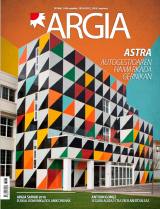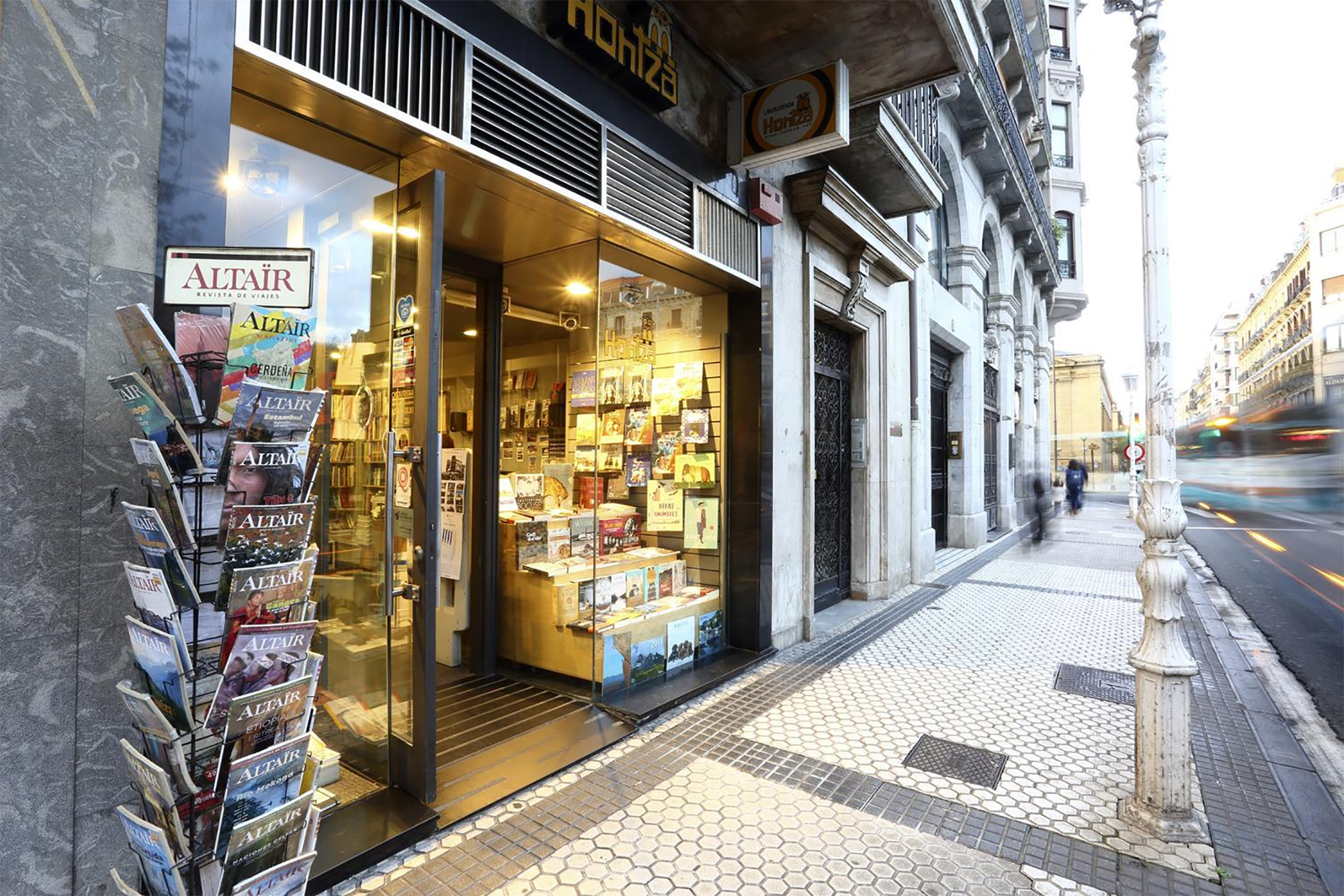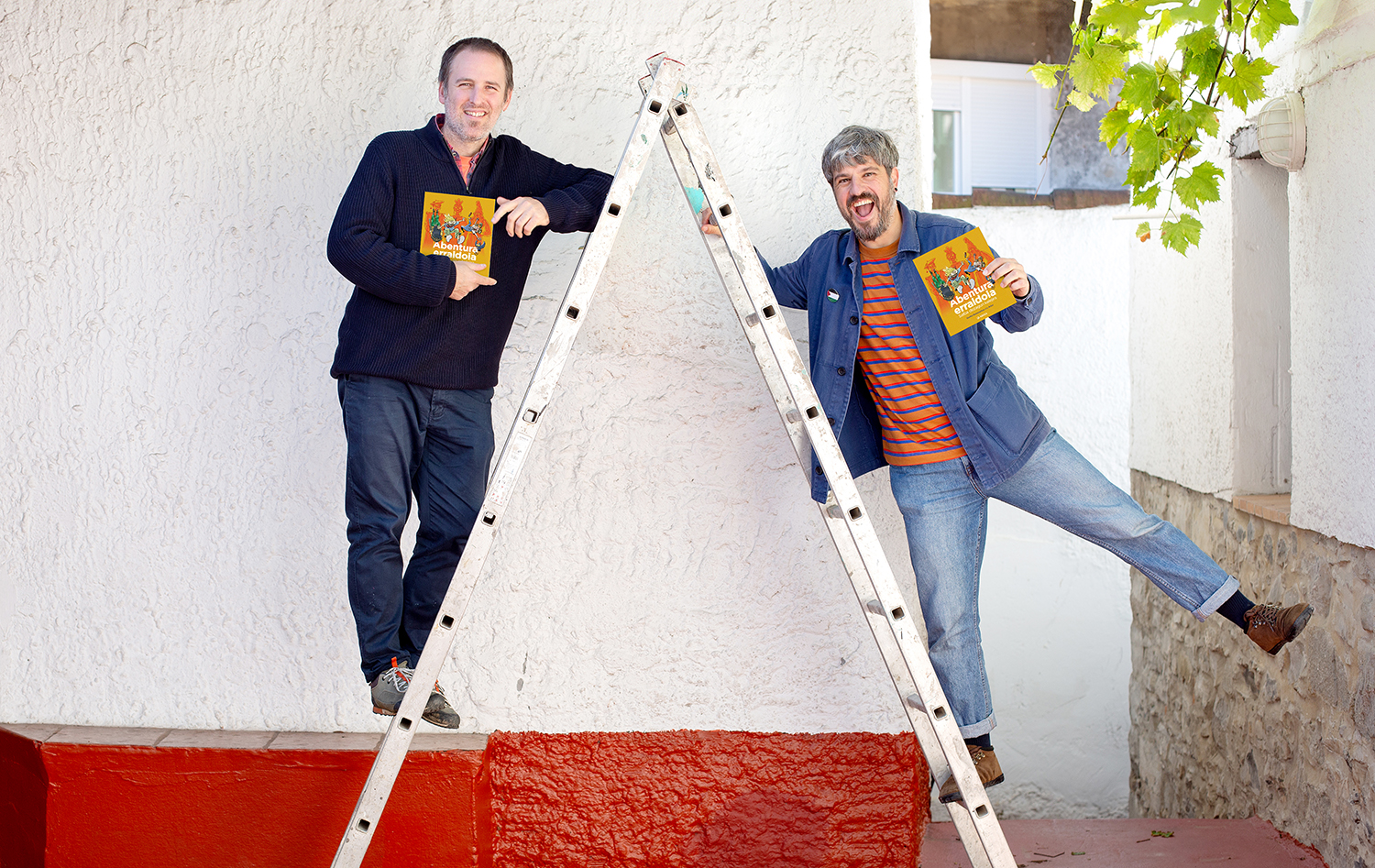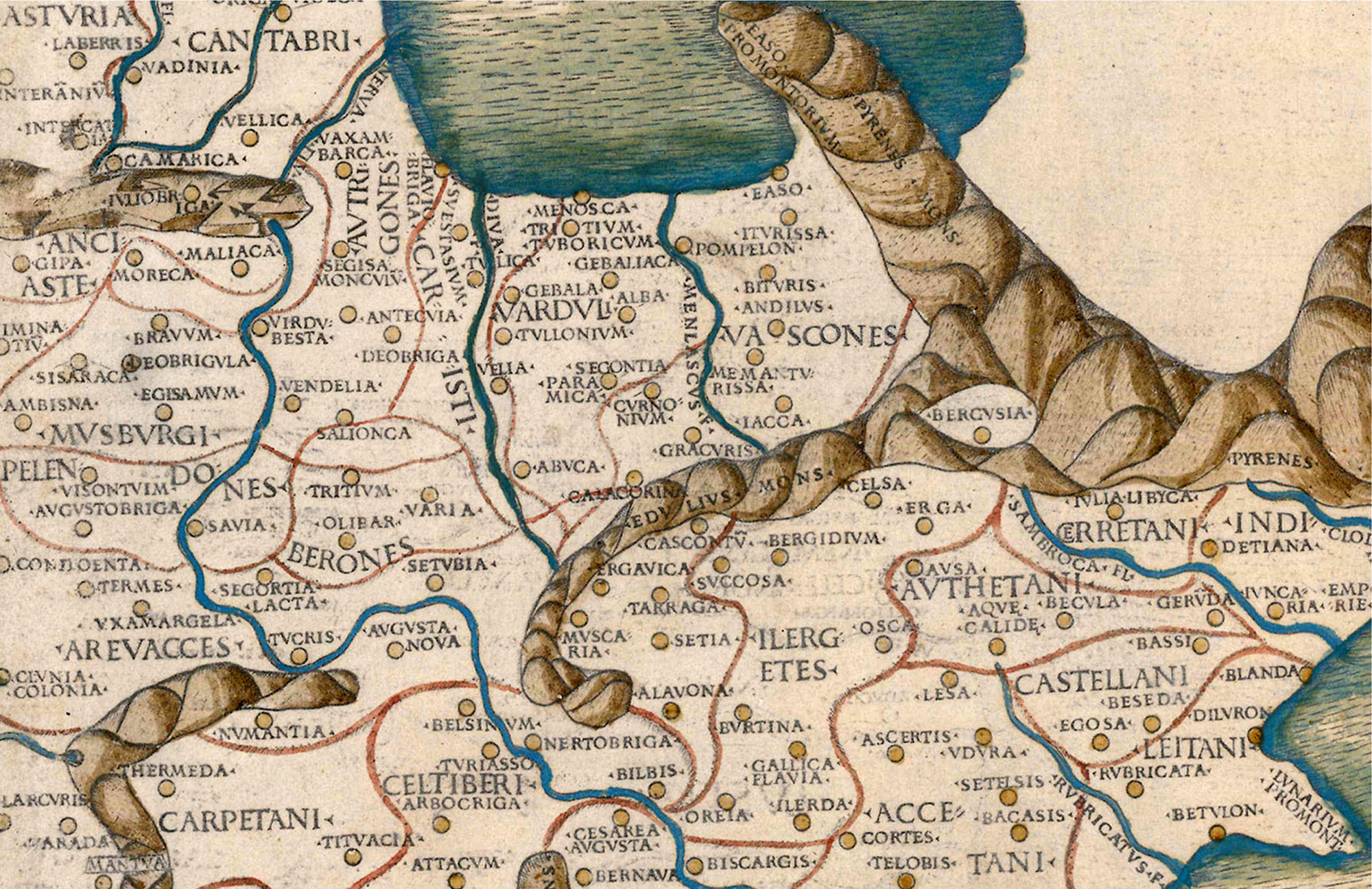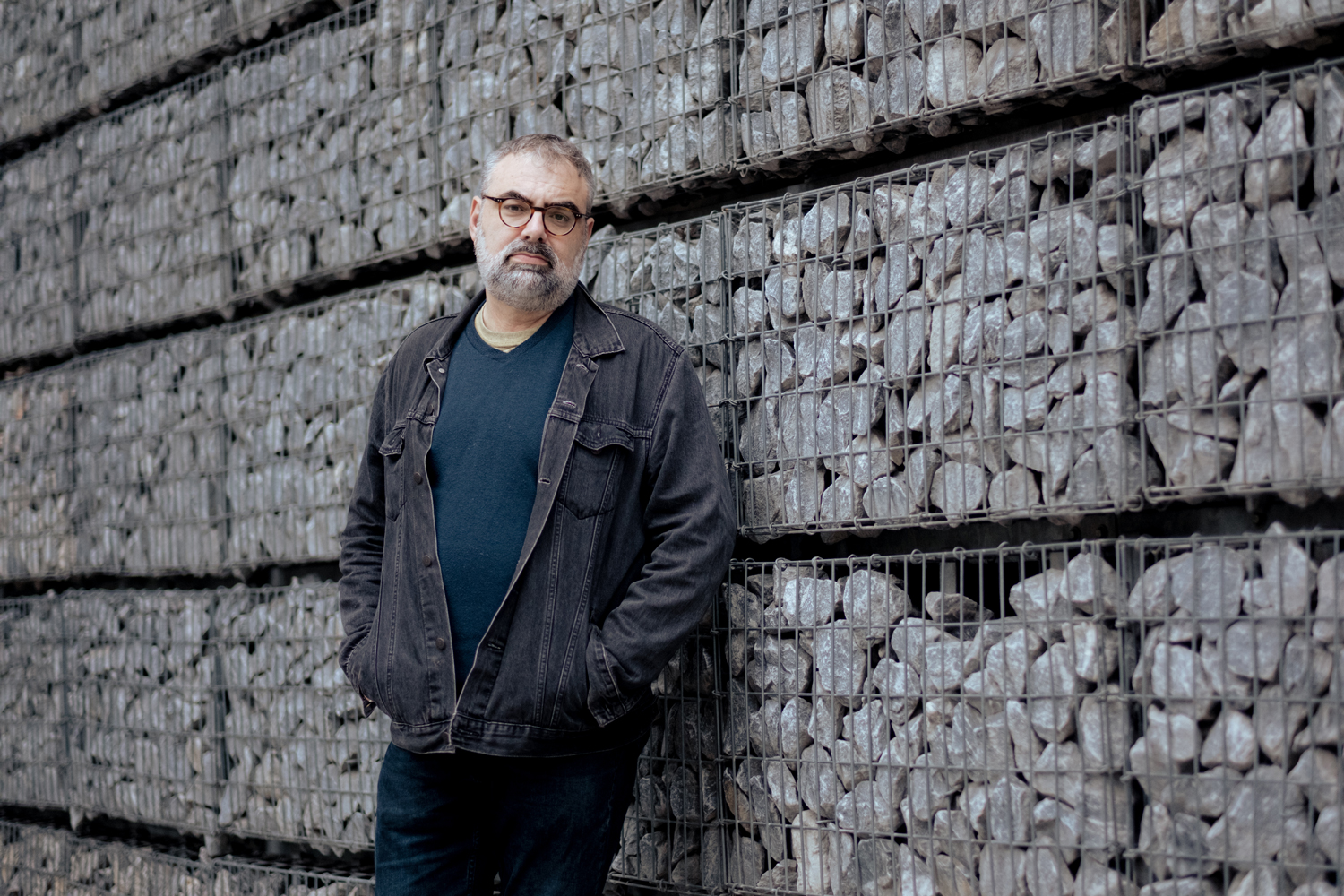From a deep abrasion
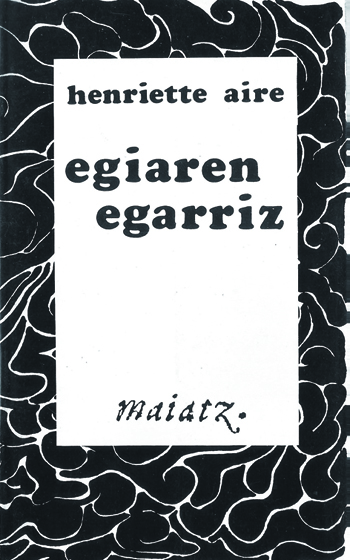
First, we learned of that essay Emakumeak writer of Itxaro Borda – “I told her that I did not want to participate in that book, that I did not feel like a writer, nor did I feel like a writer. And he brought out the poems!”
Henriette Air. Created in Urepel. Kontxo, her father's daughter, one of the Aire sisters, the oldest. Scratching a little bit more, we took him a book of poetry, thirsty for truth. In it we find two poems of the anthology of the borda -- a little molded, refined -- a third poem stuck on the road. In return, he completed the collection with 18 more poems, twenty-one in total.
Josu Landa denied: “Not being able to live free and not be able to enjoy the love to their liking” brand all – “The beloved people/ I would like to liberate you/ And what you may not want/ What you have cannot love”–; “The people are a beloved people/ I would like to liberate you/...) But how can I/ Cut off your chains/ I am tied/ The woman in that world/ The woman in society/ The field, yet: “Words are born of a deep tear.”
But what can be that deep tear. Maybe, but Aire has never made public: “I have lived in Paris for eleven years. Eleven years later, I separated from my husband and decided to return to Euskal Herria, with three children. My father took him wrong and said to me, "I don't want you to tell anyone else that they were my daughter, and I don't want them to go home." This deep tear appears clearly in the extensive poem Uste zinuen, which offers us “a frustrated but optimistic view of life over a dozen pages.” Vision frustrated: “Your yoke/ can’t support it?/ In loneliness/ And trees/ You worry/ You still have to live/ For your life?/ Have you gone crazy?" But in the end optimistic: “I see you happy/ In your fullness/ Happy/ In love.” And maybe optimistic, who knows, so he's made public. “Then I came, the father was in the hospital in Bordeaux, I went there and I had a very good time, very white, got up from the bed that was in trouble and we hugged ourselves... On the way he told me that they were not his father’s, he made him say the environment, I saw him in his tears.”
Along the way, he had also started a novel that he hadn't done for lack of time. It is therefore a medal in which deep abrasion, or others, has not produced any more results.
Henriette Aire
Maiatz, 1989
Leaving behind books, libraries and their benefits in April, Kabiak Sahrawi wishes to recall the dark side of his history, which is of greater importance in defending the identity and survival of peoples. We are talking about the destruction of the age-old and usual libraries... [+]









